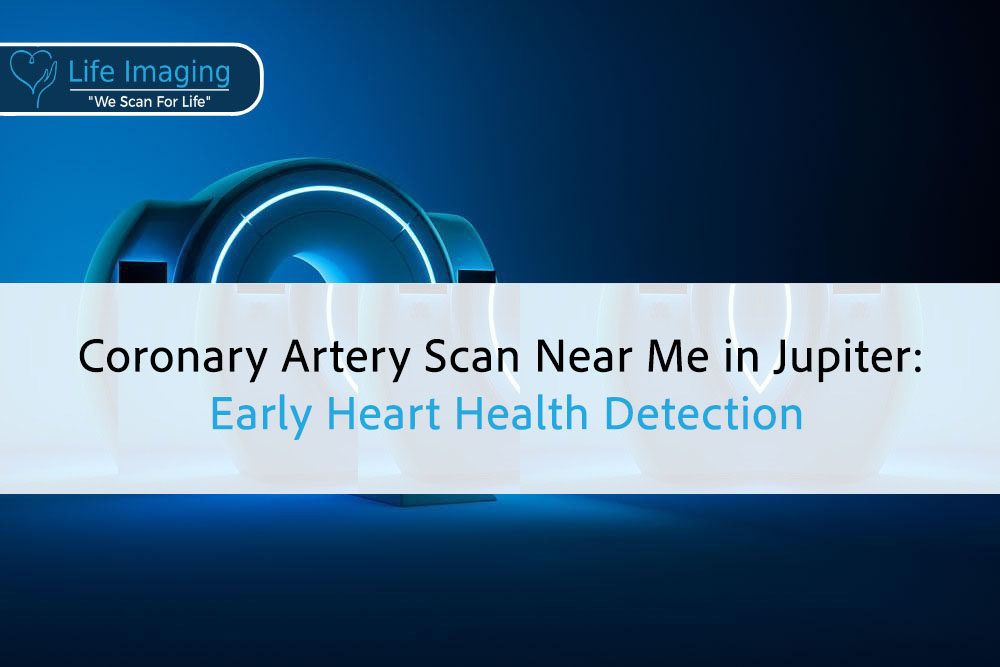
Coronary Artery Scan Near Me in Jupiter: Early Heart Health Detection
Introduction Your heart works hard every second of the day,
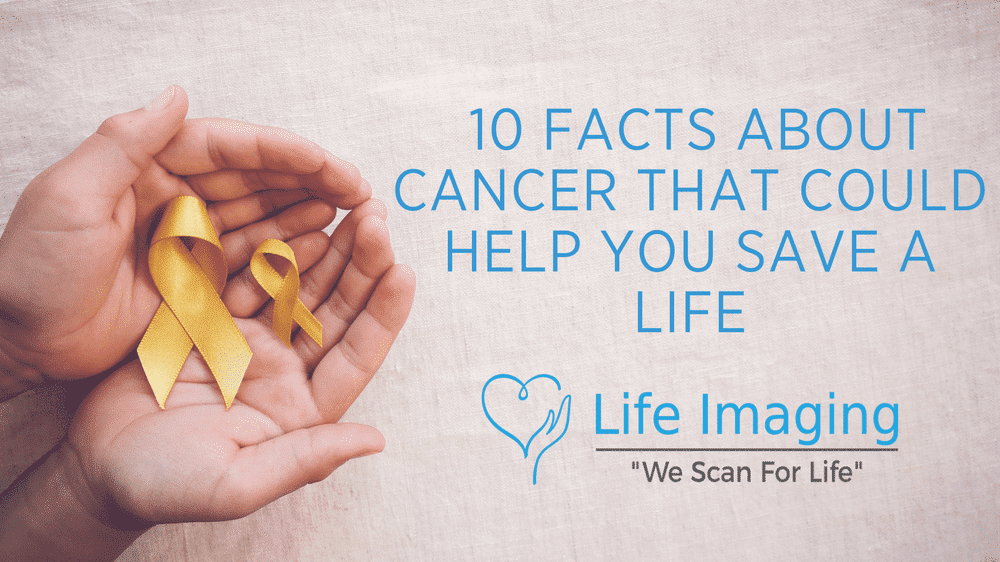
The word “cancer” is scary.
Getting a cancer diagnosis is even scarier, because it often feels random.
The key to alleviating the fear and stigmas around cancer is knowledge. Knowing your risk profile for developing certain types of cancer, knowing what to look for, and knowing how to maximize your chances for living a longer, healthy life will help you minimize those fears.
Making healthy choices can also help, if you do face a cancer diagnosis.
Related: Cancer Prevention: 7 Steps To Reduce Your Risk
Our mission is to educate and provide an affordable early detection system for the one of the deadliest diseases known to mankind.
Here are 15 facts that might help you build your knowledge base about cancer:
1. There Are More Than 100 Different Kinds of Cancer
Cancer can grow in your bones, bone marrow, soft tissues like muscle and fat, inside your organs, and other places all over your body.
2. Skin Cancer is The Most Common in the United States
It’s not just the most common type in the U.S.; it’s the most common type of cancer worldwide.
Don’t ignore applying adequate amounts of sunscreen every time you head outdoors. Accruing just five sunburns doubles your risk of melanoma, according to the Skin Cancer Foundation.
3. Early Detection is Key With Ovarian Cancer
The five-year survival rate for early-stage ovarian cancer when it’s detected, diagnosed, and treated is over 90 percent.
The most common symptoms of ovarian cancer are pelvic or belly pain, bloating, a sensation of feeling full quickly, and urgent or frequent need to urinate. Not everyone will experience these symptoms, but if you do, and they persist or worsen, it’s worth consulting your doctor.
4. Breast Cancer is the Most Common Diagnosed Cancer in the United States
The National Cancer Institute estimates that approximately 279,100 new breast cancer cases have been diagnosed in the U.S. during 2020.
When cancer is “localized,” or hasn’t spread beyond the breast, the five-year survival rate is 99 percent. According to the National Breast Cancer Foundation, about 64 percent of breast cancer cases are diagnosed at this stage.
5. The Five-Year Survival Rate for Hodgkin Lymphoma is About 87 Percent
When found in its earliest stages, the five-year survival rate of Hodgkin Lymphoma is 92%.
If the cancer spreads regionally, the five-year survival rate is 94%. If the cancer has spread to different parts of the body, the five-year survival rate is 78%.
6. Immunotherapy, is Now Available to Treat More Than a Dozen Different Types of Cancer
Immunotherapy is a type of treatment that bolsters your immune system so it can fight cancer.
In a study led by UCLA investigators, treatment with the immunotherapy drug, pembrolizumab, helped more than 15% of people with advanced non-small-cell lung cancer live for at least five years.
When the study began in 2012, the average five-year survival rate was just 5.5% for people with that type of cancer.
7. If You’re 50 or Older, Your Doctor May Recommend a Colorectal Screening
Colorectal cancer causes more deaths than you might realize.
In fact, it’s the second most common cause of cancer-related deaths in men and women in the United States.
Colorectal screenings include colonoscopy, sigmoidoscopy, and stool tests such as a high-sensitivity fecal occult blood test and a stool DNA test. These screening tests look for polyps and abnormal growths in the colon— signs of colorectal cancer.
8. Every Three Minutes, Someone in the U.S. Is Diagnosed With a Blood Cancer Like Leukemia, Lymphoma or Myeloma
And every nine minutes, someone dies from a blood cancer.
9. Smoking is the Number One Risk Factor for Lung Cancer and Causes 80 to 90 Percent of Lung Cancer Deaths
Tobacco smoke is a carcinogen, a toxic, cancerous substance.
Alcohol and tobacco, especially if they’re used together, are believed to cause about three-quarters of the head and neck cancers diagnosed in the U.S.
10. The HPV Type 16 Strain is Considered a Risk Factor for Cancers of the Head and Neck
Other HPV-related cancers include vaginal, vulvar, anal, penile and cervical cancer.
The Gardasil vaccine provides protection against nine types of HPV, including seven of the high risk strains that can lead to cancer.
Catch Cancer Early With Life Imaging
Regular self-exams and screenings for various types of cancers—such as skin, colon, cervix and breast—can increase your chances of discovering cancer early, when treatment is most likely to be successful.
Related: What is Life Imaging? Everything you Need to Know
At Life Imaging we provide an affordable early detection system for the deadliest diseases including cancer. Our FDA approved, world’s fastest, and most accurate low-dose EBT scanner can detect symptoms years before the onset of deadly diseases.
Related: 5 Frequently Asked Questions at Life Imaging
Early detection absolutely saves lives, and gives you a peace of mind!
We now have a choice—no one needs to be a statistic any longer.
Check out our StartEngine raise to get a better understanding of Life Imaging!
If you have any questions please let us know! We’d love to hear from you.

Introduction Your heart works hard every second of the day,
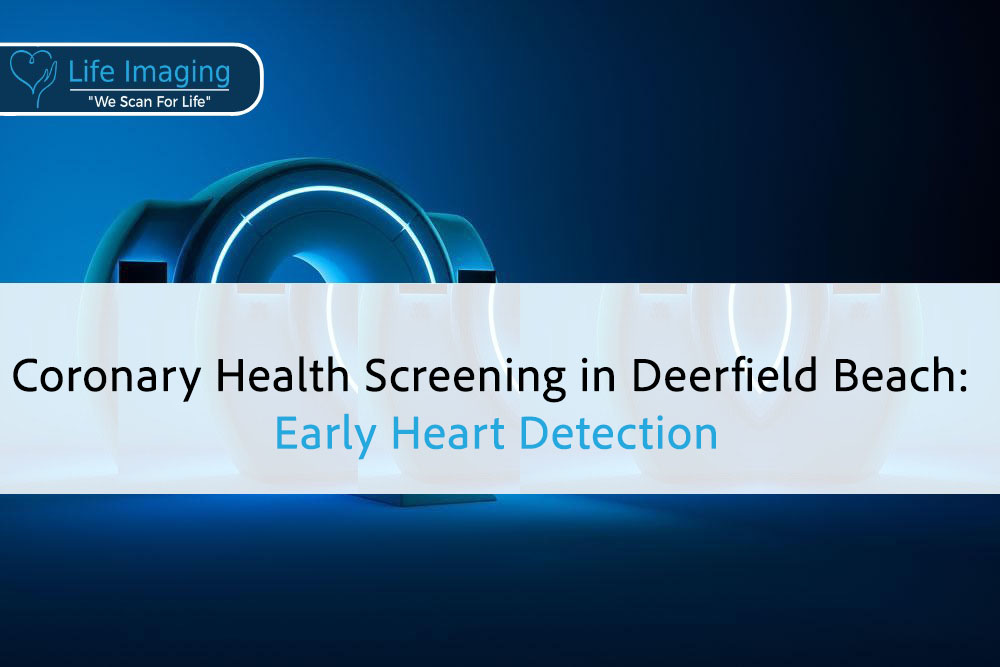
Introduction Your heart works around the clock, but changes inside

Introduction Your heart works nonstop, often without a single complaint.
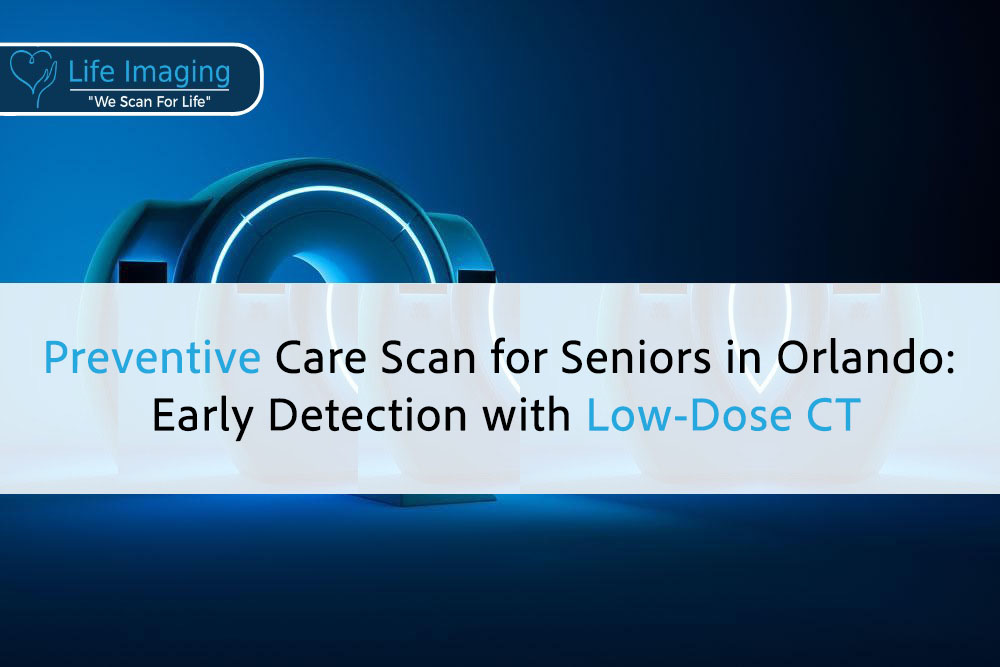
Introduction The best part of getting older is having time
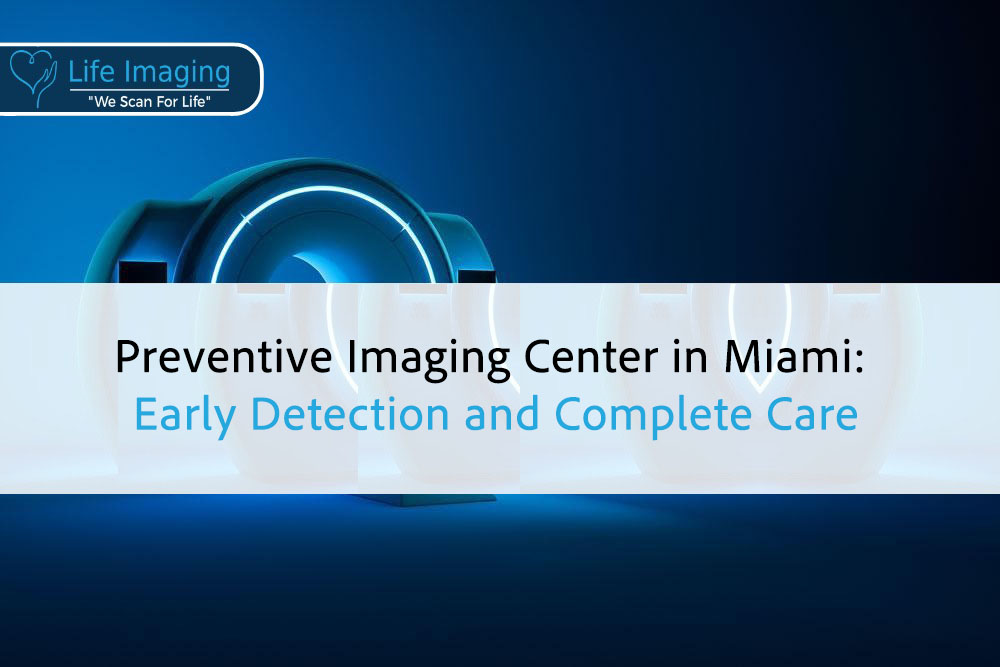
Introduction Good health isn’t just about treating problems, it’s about
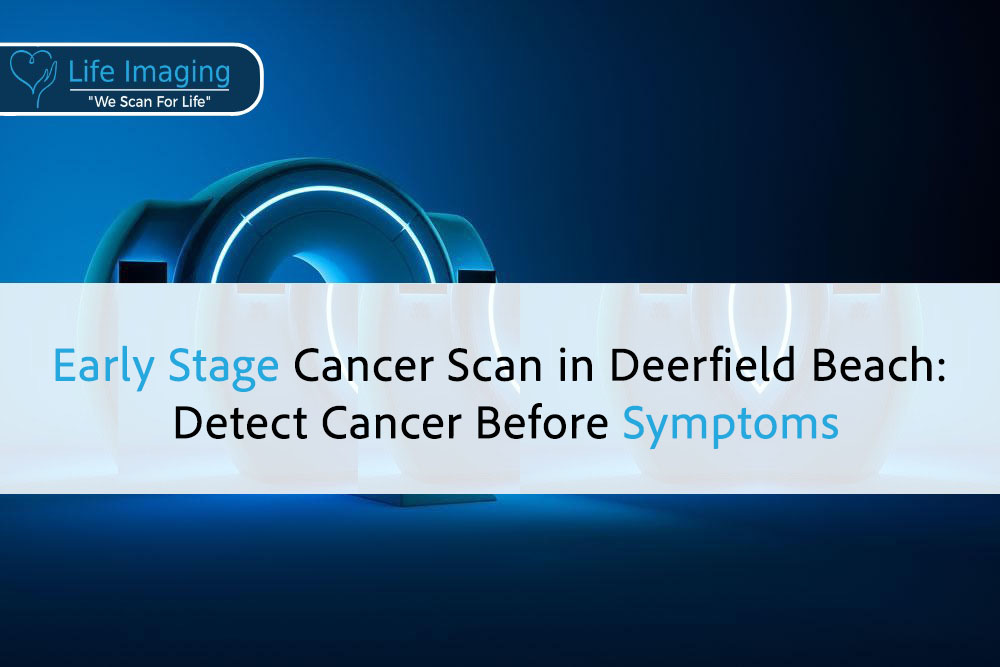
Introduction Cancer often begins quietly, long before you feel anything

* Get your free heart scan by confirming a few minimum requirements.
Our team will verify that you qualify before your scan is booked.
Copyright © 2025 Life Imaging – All Rights Reserved